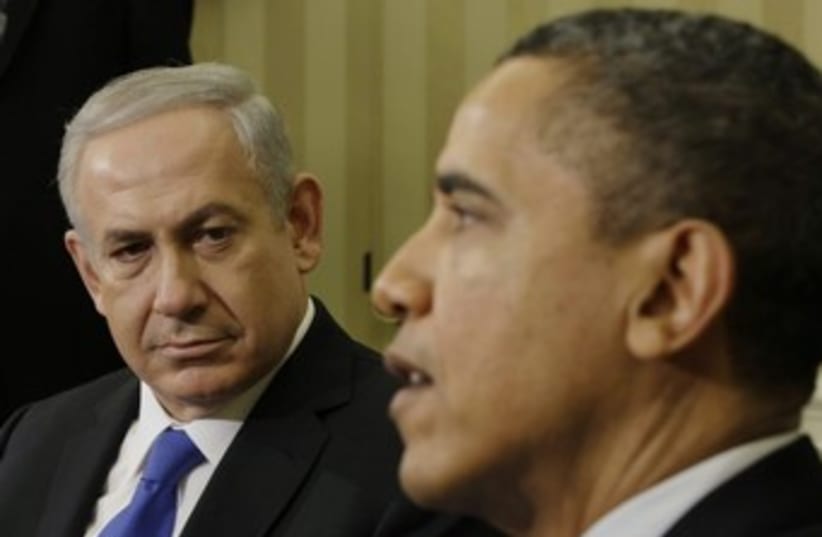The writer is president of the Peres Center for Peace and served as Israel’s chief negotiator for the Oslo Accords.
Savir's Corner: Obama’s 2nd term and the Middle East
Obama’s campaign slogan for 2012 is “Forward.” and it seems that forward he may move.

The writer is president of the Peres Center for Peace and served as Israel’s chief negotiator for the Oslo Accords.